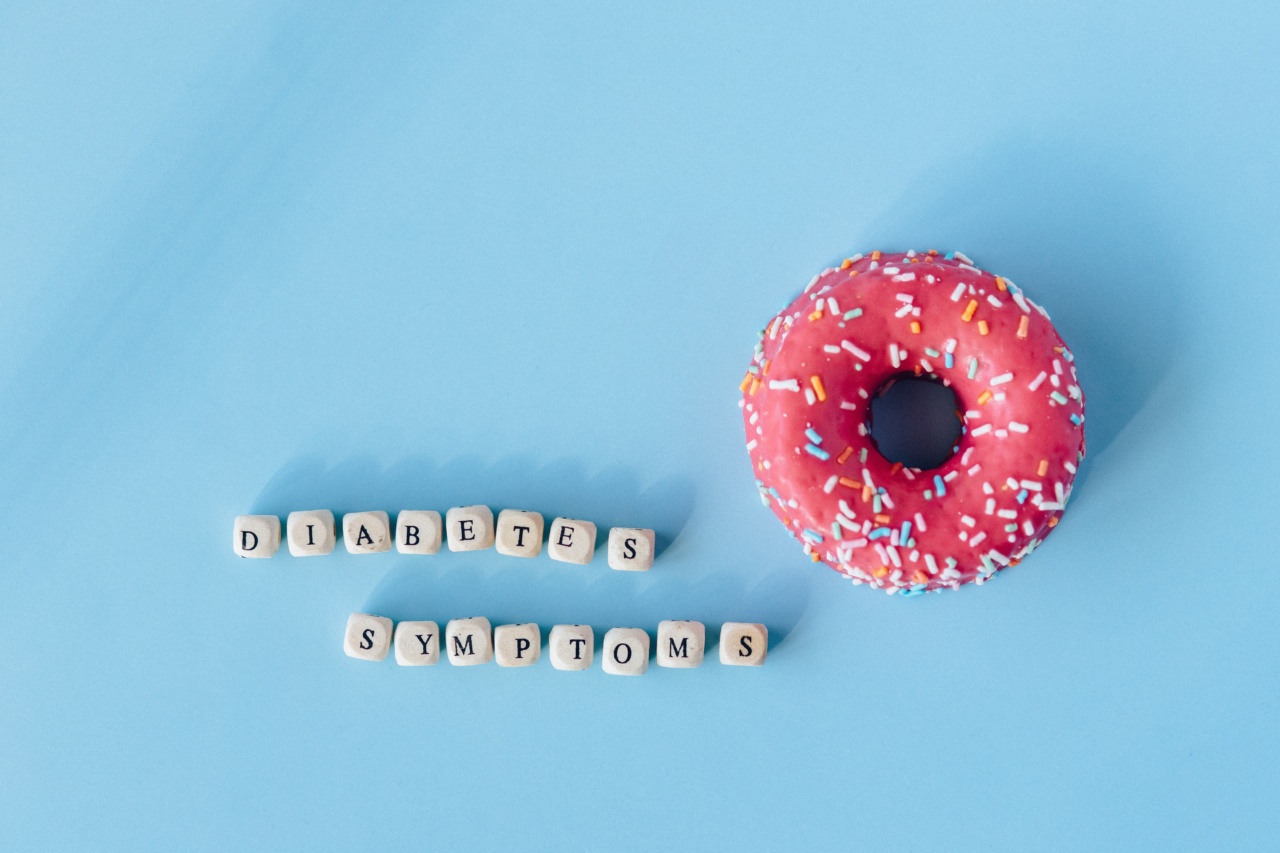PMS, short for premenstrual syndrome is a condition that affects most women at some point in their lives. It’s a collection of symptoms that occur in the days or weeks before your menstrual cycle.
These symptoms can range from mild to severe and can interfere with your daily activities and overall well-being. The good news is that there are foods that can help alleviate or even prevent PMS symptoms. Here are the top 6 foods that ease PMS symptoms.
1. Leafy Greens
Leafy greens are packed with magnesium, a mineral that helps regulate blood sugar levels, reduces inflammation, and relaxes muscles. This can help alleviate mood swings, irritability, and bloating.
Some of the best leafy greens for PMS include kale, spinach, and swiss chard.
2. Salmon
Salmon is rich in omega-3 fatty acids, which have anti-inflammatory properties and can help reduce cramping and bloating. Omega-3s can also help improve mood and reduce anxiety, depression, and irritability.
Eating salmon or other fatty fish twice a week is recommended for optimal benefits.
3. Bananas
Bananas are high in potassium, a mineral that regulates fluid balance in the body. This can help reduce bloating and water retention, both common PMS symptoms.
Bananas are also high in vitamin B6, which helps regulate mood and reduce fatigue and irritability.
4. Dark Chocolate
Dark chocolate is not only delicious but also beneficial for PMS symptoms. It’s high in magnesium, which as mentioned earlier, helps regulate blood sugar levels and reduce muscle tension.
Dark chocolate also contains antioxidants that help reduce inflammation and boost mood.
5. Ginger
Ginger is a natural anti-inflammatory and can help reduce menstrual cramps and nausea. It’s also been shown to reduce inflammation in the body and improve digestion. Adding fresh ginger to your tea or meals can help ease PMS symptoms.
6. Water
Hydration is key to managing PMS symptoms, especially bloating and water retention. The recommended daily intake of water is 8 cups (64 ounces) but may need to be increased during PMS. Drinking water can also help alleviate headaches and fatigue.
In conclusion, incorporating these foods into your diet can help ease PMS symptoms and improve your overall well-being. Eating a balanced and healthy diet can also improve PMS symptoms in the long run.
However, if your symptoms are severe and affect your daily activities, it’s important to consult your healthcare provider.






























